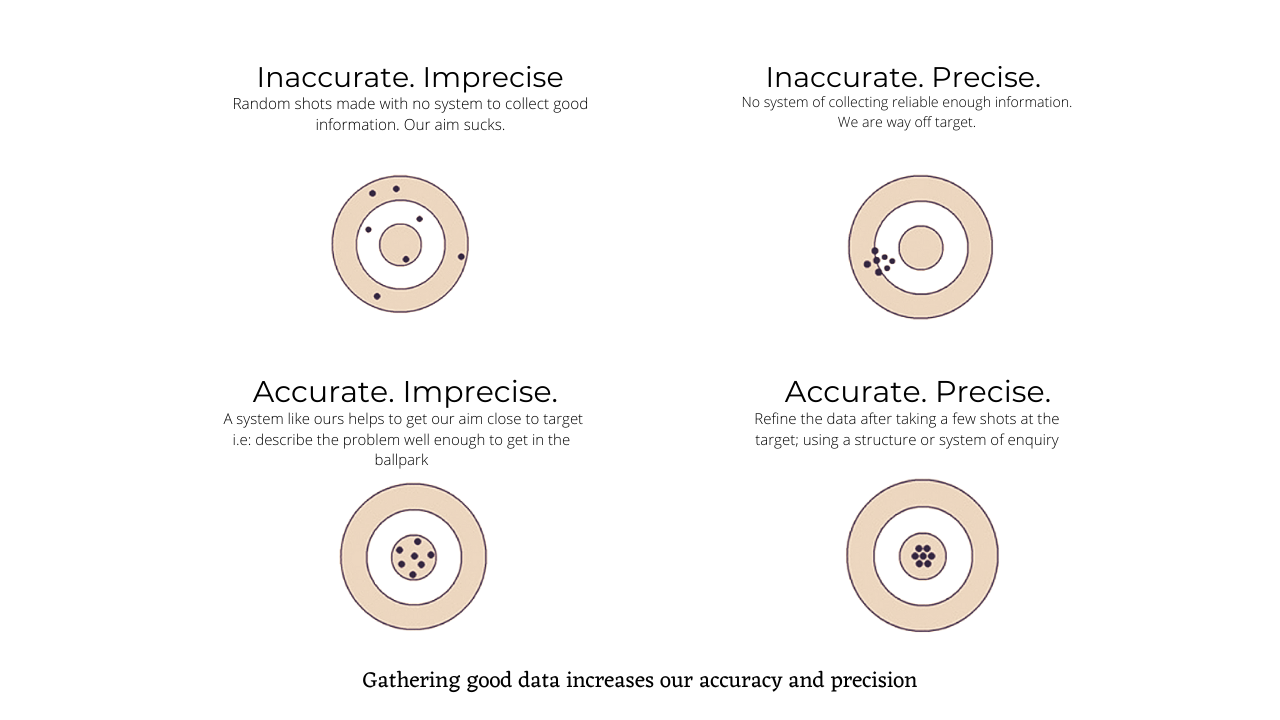The Huddle Wisdom Blog: For Parents of Anxious & Sensitive Kids
Expert guidance and real-world reflections from a child psychiatrist who’s also a parent.
Teaching Empathy to Children: A brief Guide

Teaching Empathy to Children: A brief Guide
Empathy plays a vital role in creating genuine human connections. Not only does it help us become more impactful in the world, but it also facilitates trust, which is critical for winning hearts and minds.
Empathy is a multidimensional concept with numerous attributes that contribute to its effectiveness. While we are still learning about how to express empathy, we are also discovering how to systematize and foster skills that can improve our empathetic capacity.
A child's empathic skill development is influenced by a wide range of experiences, including the way caregivers relate, communicate, and convey their mental models of the world to them. Cultural and social media influences also play a significant role in shaping young minds.
As a parent or teacher, you have a crucial role to play in the development of empathy in children. Raising a child in the digital age is not for the complacent. While you cannot predict what w...
Teaching Resilience in Children: A Guide for Parents

Teaching Resilience in Children: A Guide for Parents
As parents and educators, we all want our children to develop resilience and perseverance in the face of hardship. But which challenges should we encourage them to tackle? This is a subjective matter. Some kids are willing to go through the pain of overcoming obstacles to accomplish things that matter to them, while for others, it may seem like a waste of time and energy.
Before we can determine what matters to us and our children, we need to have a clear understanding of our values. This way, we can focus our energy and resources on the things that truly matter and avoid persevering with things that don't.
I believe that resilience is not a character trait but rather a choice. While some children may appear to be resilient because they don't show distress, this is not always the case. It's important to remember that resilience depends on various factors such as personal drives, interests, motivations, and context.
Getting through tough parenting seasons

Winters can be rough (or any season for that matter depending on your circumstances) in our lives and it can really feel like it's never-ending.
I think though that this could be our opportunity to take stock, rest and store energy we need for new growth. To plan what seeds we want to sow when the time come perhaps.
It can be extremely hard when or if a cold bitter season arrives. I definitely struggle to remain hopeful and to be still especially when it feels like there are cold harsh winds of various demands and pressures bearing down - and all we're trying to do is to stand still!
But when I find moments of stillness, I do my best to capitalise on those moments and spend energy really meditating on the ordinary things - what else can I really do in the midst of overwhelm? I can't think too far ahead because that might just heap anxiety onto what I'm already feeling, I don't want to think about the past too much lest it fills me with whatever unhelpful stifling emotion that that ...
The Importance of Empathy: Building Strong Relationships with Your Children and Others

Have you ever felt misunderstood or invalidated when trying to express your thoughts and feelings to a friend or family member? It's a common experience that can leave us feeling frustrated and unheard. But what happens when we flip the situation and put ourselves in the shoes of our children? It's easy to understand why they may stop talking to us or give us the silent treatment. So, what can we do to improve our communication skills and build stronger relationships with those around us?
The key is to focus on understanding both what the person is saying and how they are feeling. When we feel heard and understood, we feel more secure and settled. However, relying on our assumptions, projections, and presumptions can lead to misunderstandings and misinterpretations. To truly understand someone, we need to set aside our own biases and tune in to their words and emotions.
To improve your communication, try these helpful tips:
- Avoid giving unsolicited advice or making ...
Tips for Dealing with Picky Eaters
In most cases, fussy eating is a part of growing up. It's an expression of independent thinking and a need for mastery and control over one's environment, body and choices. But, I don't hear parents celebrating! Fussy eating can be exasperating.
But let's take a step back and think a little bit about what we would be doing if we were presented with limited food options that didn't appeal to us. Have you ever travelled some place where the food wasn't really stuff you'd eat? How did the locals treat you? Did they force feed you? If they did, I'm sure you wouldn't visit right? (1 star review!!!) We might be curious about the strange new foods there but we'd prefer to try them at our own speed.
Here are some tips to help you adjust your 'speed' and help your kids try the 'local' cuisine in your household.
The first thing is to keep your cool around meal times to minimise stress for your child (I know you will be stressed enough for the both of you); otherwise, Kids will associate mea...
Embracing Life's Twists and Turns: A Fresh Perspective

Life doesn't follow a straight path, and I'm sure many of you can relate. 🤣 When we evaluate our progress, it's beneficial to take a wider view of things. If we don't, we may see things linearly, and any setback or regression may be viewed as a failure or step backward. This often leaves us feeling discouraged. However, growth is never a straight line; it's more like a wiggly trendline. Unfortunately, we tend to focus on the dips more than the peaks because our brains are wired to perceive threats and pay attention to them. A regression, for example, may be seen as a threat to our ego, which is why we pay closer attention to it.
The next time you feel disheartened about your progress, take a moment to look back and reflect on how far you have come. Remember, life is full of twists and turns, and there will always be ups and downs. To avoid selective bias in our thinking, try zooming out and taking a bird's eye view of your progress. It can provide a refreshing perspective...
How do I stop feeling like a victim in my parenting?

Not sure about you, but I am fairly confident that we all face challenges and difficulties in raising our children. Perhaps some of you might feel like you suffer more than the rest of us!
It is perfectly natural to feel overwhelmed, frustrated, or helpless. Modern life is full of pressures, demands and expectations bearing down on us in every direction. There's no let up!
Then, on top of that we can at times feel life is unfair, that our kids are ungrateful, or that we have no control over our circumstances. We may start to play the victim and blame others or the world for our problems and feel sorry for ourselves.
It's normal to indulge ourselves at times. Playing the victim may seem like a way to cope with stress and pain, but it does us more harm than good. It stops us from taking responsibility for our actions and choices, and from making positive changes in our lives. It affects the quality of our relationships with our children, who may learn to adopt the same attitude or
...
